Table of Contents
Introduction to Vitamin B12 and its Importance
Cobalamin, commonly referred to as Vitamin B12, stands as a pivotal nutrient, intricately involved in a multitude of bodily functions. It is water-soluble, meaning the body doesn’t store excess amounts, and therefore, it’s important to consume an adequate amount of it regularly.
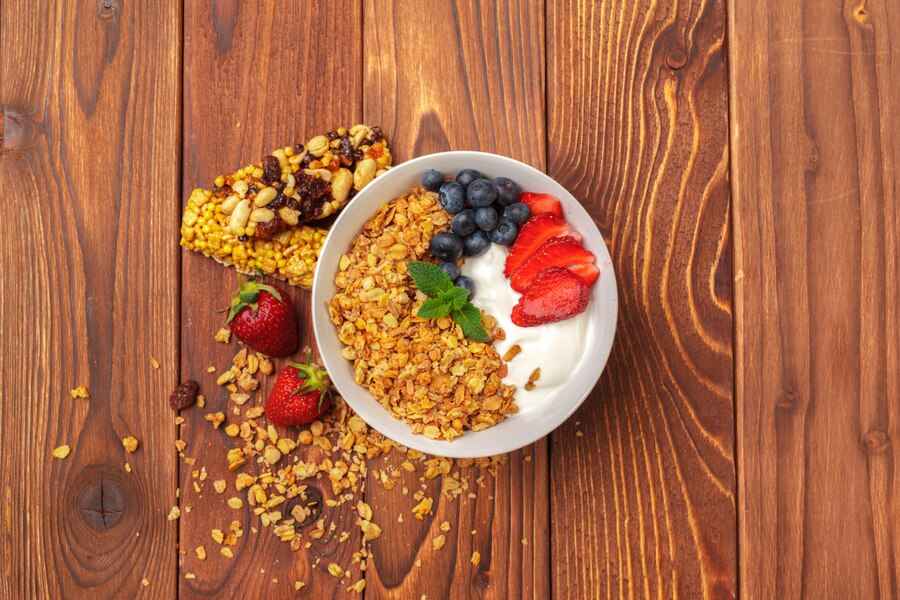
Why is Vitamin B12 Important for Your Health?
Role in Red Blood Cell Formation
A key role of Vitamin B12 is its contribution to the synthesis of red blood cells within the body. These cells are responsible for carrying oxygen throughout the body, ensuring proper oxygenation of tissues and organs.
Nerve Function and Neurological Health .
Vitamin B12 is essential for maintaining healthy nerve cells and supporting neurological function. It helps in the formation of the protective covering of nerves called the myelin sheath, which ensures efficient nerve signalling.
Energy Production
Vitamin B12 plays a key role in the metabolism of carbohydrates, fats, and proteins, thereby aiding in the conversion of food into energy. It assists in the synthesis of DNA, which is necessary for cell division and energy production.
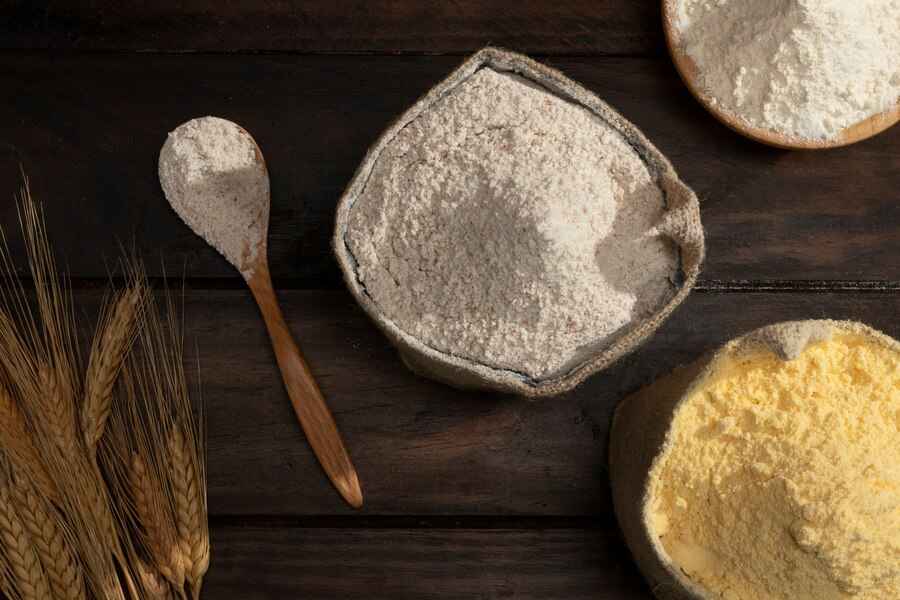
Symptoms of Vitamin B12 Deficiency
Fatigue and Weakness
One of the common signs of Vitamin B12 deficiency is fatigue and weakness, as the body struggles to produce enough red blood cells to carry oxygen to tissues and organs.
Neurological Issues
Deficiency in Vitamin B12 can lead to neurological problems such as numbness or tingling in the hands and feet, difficulty walking, memory loss, and cognitive decline.
Digestive Problems
Some individuals with Vitamin B12 deficiency may experience digestive issues like loss of appetite, constipation, or diarrhoea.
Recommended Daily Intake of Vitamin B12
The suggested daily requirement of Vitamin B12 can differ based on factors such as age, gender, and individual circumstances. Generally, adults need about 2.4 micrograms per day.
Top 10 Foods Rich in Vitamin B12
Meat Sources
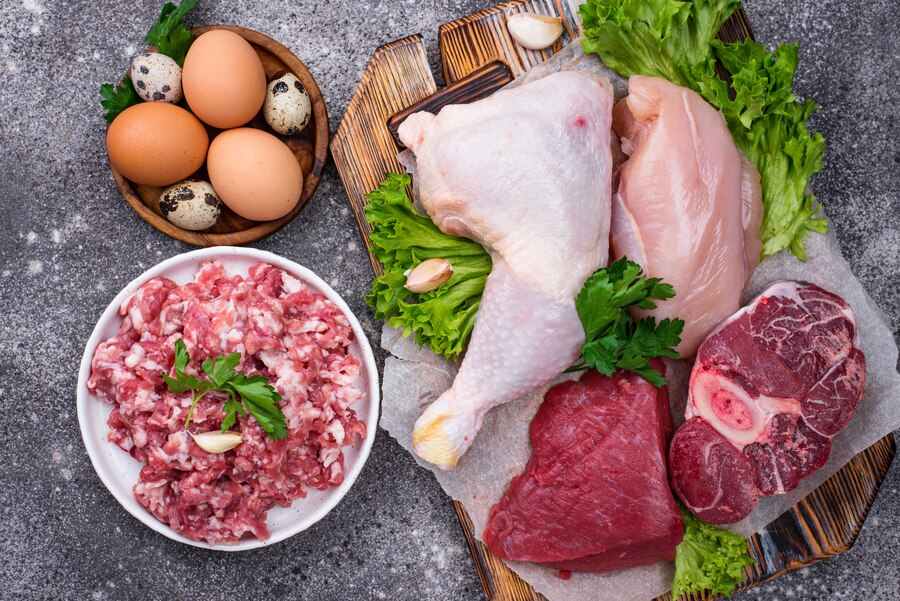
1. Beef liver: A powerhouse of nutrients, beef liver is one of the richest sources of Vitamin B12, providing more than the daily requirement in just one serving.
2. Chicken: Both dark and white meat of chicken contain Vitamin B12, making it a versatile option for incorporating into your diet.
Fish and Seafood Sources
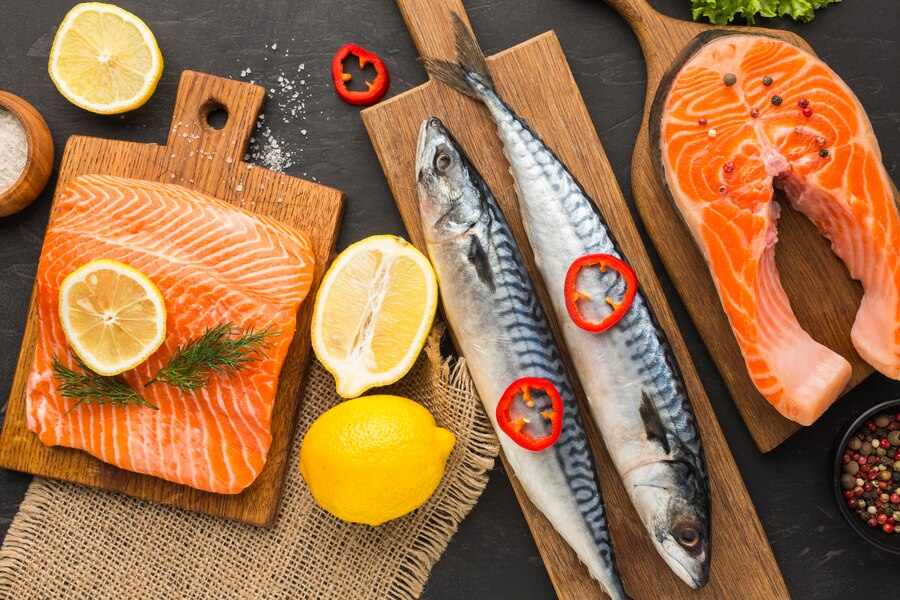
3. Salmon: This fatty fish not only provides heart-healthy omega-3 fatty acids but is also rich in Vitamin B12.
4. Trout: Another fish high in Vitamin B12, trout is easy to prepare and can be enjoyed grilled, baked, or broiled.
Dairy Products
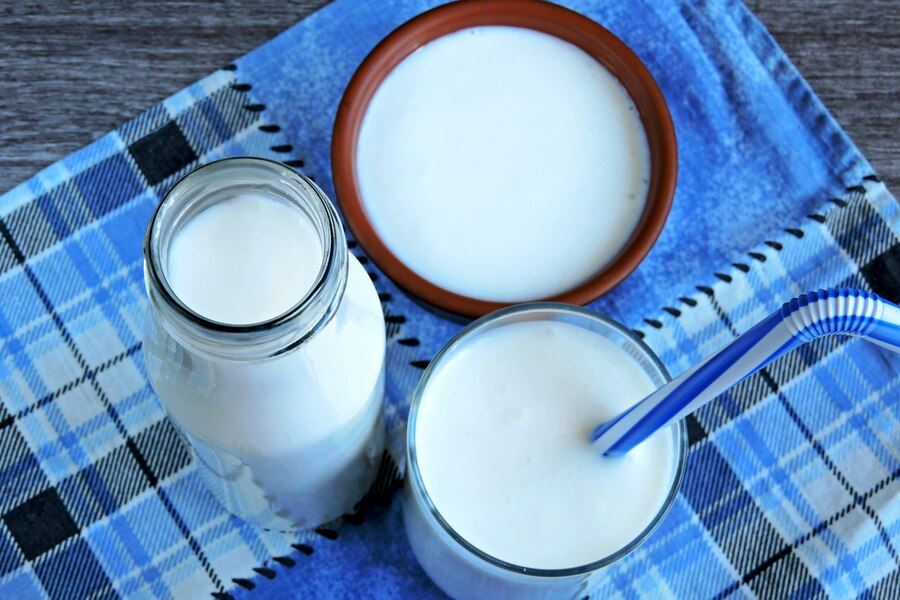
5. Milk: Fortified dairy milk is a good source of Vitamin B12, making it an accessible option for those who consume dairy.
6. Yogurt: Choose plain, unsweetened yogurt to get the benefits of Vitamin B12 without added sugars.
Eggs

7. Eggs: Both the yolk and the white of eggs contain Vitamin B12, making eggs a convenient and versatile option for boosting your intake.
Fortified Foods for Vegans and Vegetarians
8. Fortified cereals: Many breakfast cereals are fortified with Vitamin B12, making them a convenient option for vegetarians and vegans.
9. Nutritional yeast: Often used as a cheese substitute, nutritional yeast is fortified with Vitamin B12 and adds a savoury flavour to dishes.
Guidelines for Adding Foods High in Vitamin B12 to Your Daily Meals
- Include a variety of Vitamin B12-rich foods in your meals to ensure adequate intake.
- Plan balanced meals that incorporate sources of Vitamin B12 along with other essential nutrients.
- Experiment with different recipes and cooking methods to keep your meals interesting and flavourful.
Cooking and Preparation Methods to Retain Vitamin B12 Content
To preserve the Vitamin B12 content in foods, it’s essential to use cooking methods that minimize nutrient loss. Avoid overcooking or prolonged heating, as Vitamin B12 is sensitive to high temperatures.
Supplements and Their Role in Vitamin B12 Intake
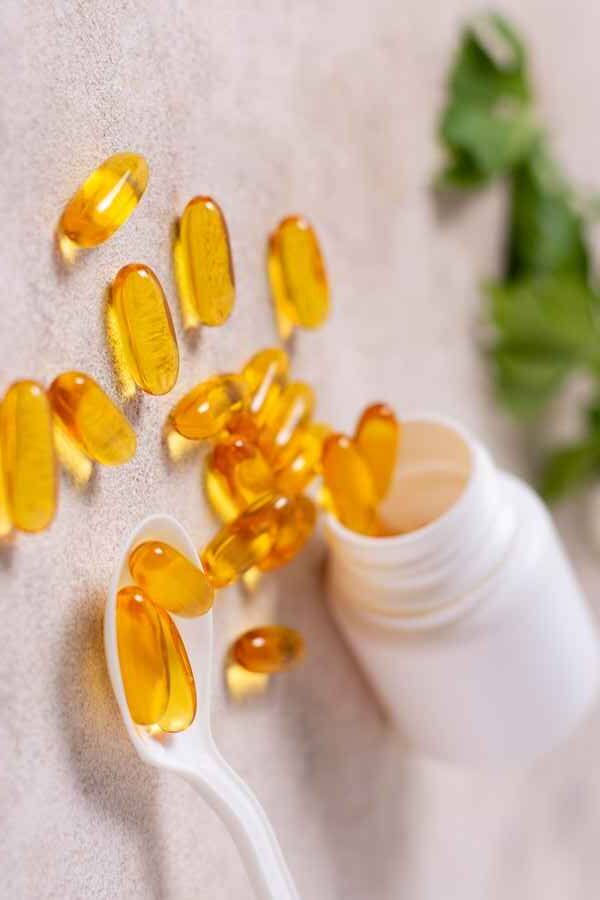
In some cases, supplementation may be necessary to meet Vitamin B12 requirements, especially for individuals with dietary restrictions or conditions that impair absorption. However, it’s important to consult a healthcare professional before starting any supplements.
Importance of Consulting a Healthcare Professional
If you suspect you may have a Vitamin B12 deficiency or are considering supplementation, it’s crucial to seek guidance from a healthcare professional. They have the capacity to evaluate your unique requirements and offer tailored advice.
Incorporating Vitamin B12-rich foods into your diet is essential for maintaining overall health and well-being. By including a variety of sources such as meat, fish, dairy, eggs, and fortified foods, you can ensure you’re getting an adequate intake of this vital nutrient. Remember to consult a healthcare professional if you have any concerns about your Vitamin B12 status or supplementation.
FAQs
1. Can Vitamin B12 deficiency be reversed with dietary changes alone?
In mild cases, increasing Vitamin B12 intake through diet may help reverse deficiency. However, severe cases may require supplementation under medical supervision.
2. Are there any risks associated with consuming too much Vitamin B12?
Vitamin B12 is generally considered safe, as excess amounts are excreted in urine. However, high doses from supplements may interact with certain medications or conditions, so it’s best to stick to recommended levels.
3. Are plant-based sources of Vitamin B12 as effective as animal- based sources?
Plant-based sources of Vitamin B12, such as fortified foods and nutritional yeast, can be effective for vegetarians and vegans. However, they may not be as readily absorbed as animal-based sources.
4. How can I tell if I have a Vitamin B12 deficiency?
Common symptoms include fatigue, weakness, neurological issues, and digestive problems. A blood test can confirm deficiency.
5. Can Vitamin B12 deficiency affect mental health?
Yes, Vitamin B12 deficiency has been linked to mood disorders such as depression and anxiety, as well as cognitive decline and dementia.